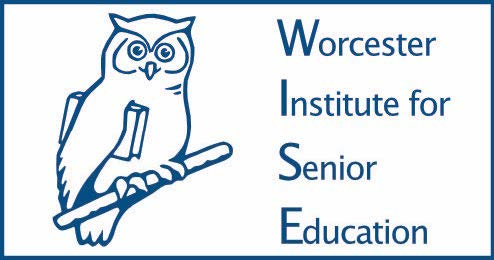WISE CoursesWISE is currently planning our fall curriculum. To see what WISE offered this past semester, you can access the 2025 Spring catalog here. Need help learning Zoom? Contact the WISE office at 508-767-7513 or by email at WISE@assumption.edu for instruction, assistance, and support. Our regular office hours are 9 a.m. to 3 p.m. Monday through Thursday (excluding holidays). If you miss a Zoom class, you can access the class recording here for up to 30 days after each class session. You can also see some of our recent course offerings on the Past WISE Courses page. |
